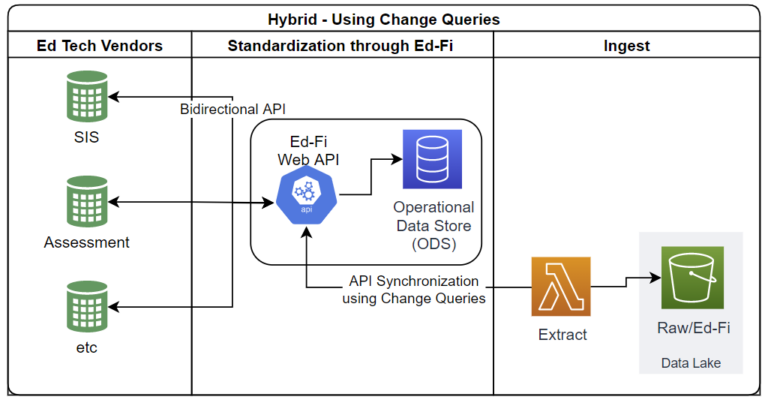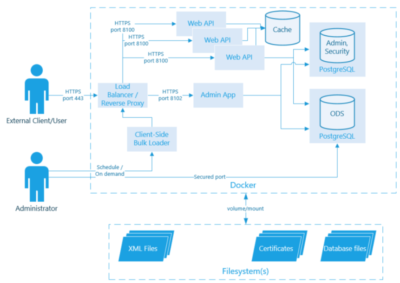OpenAPI to CSV with Help from GitHub Copilot
Following up on Grudgingly Accepting AI Coding Assistants, I have a small win from my first experiment with GitHub Copilot: a Python script for converting portions of an Open API specification file to a CSV. There is nothing revolutionary in this small win; countless programmers have doubtlessly done much more. But a reluctant engineer has to start somewhere.






